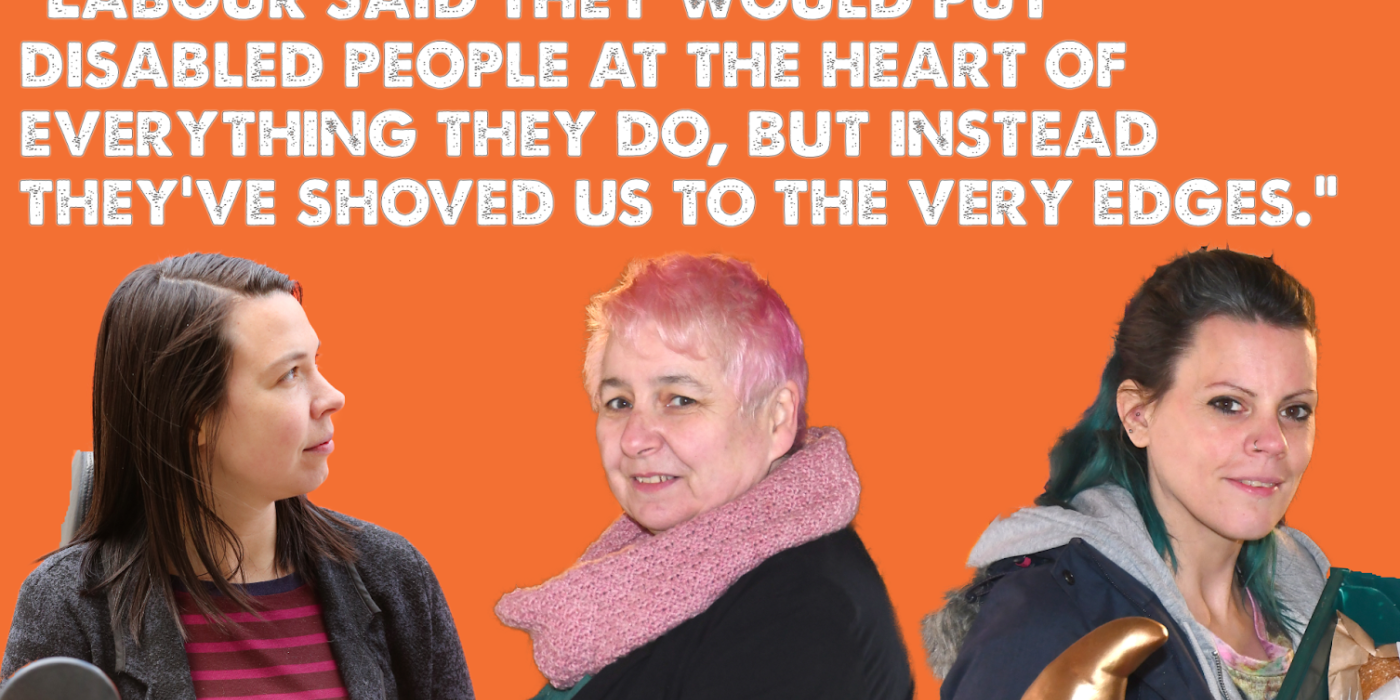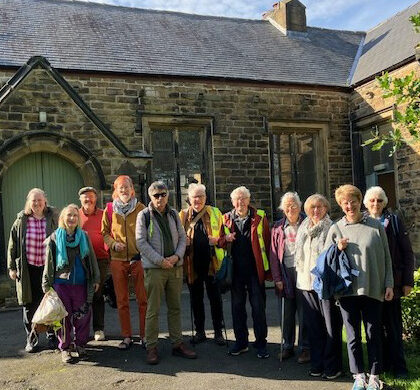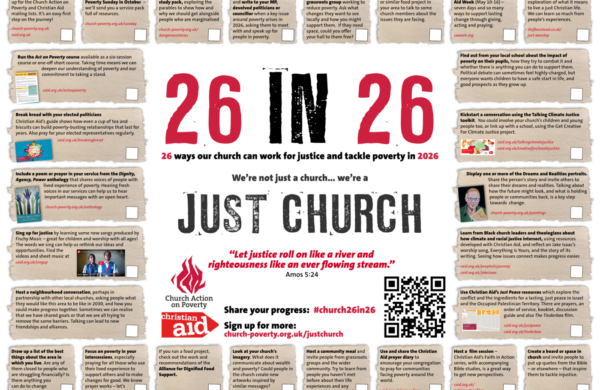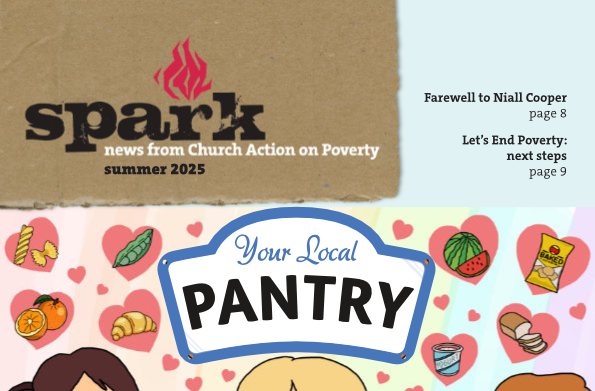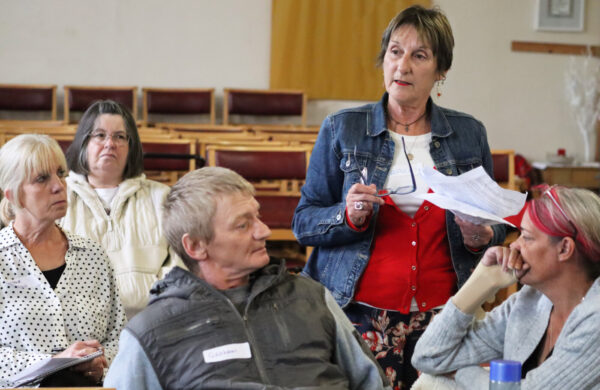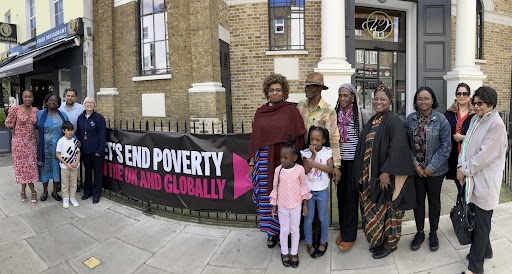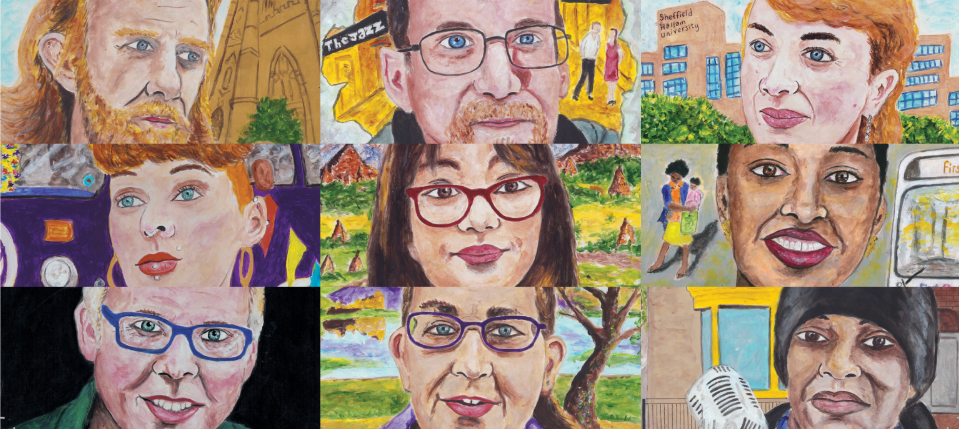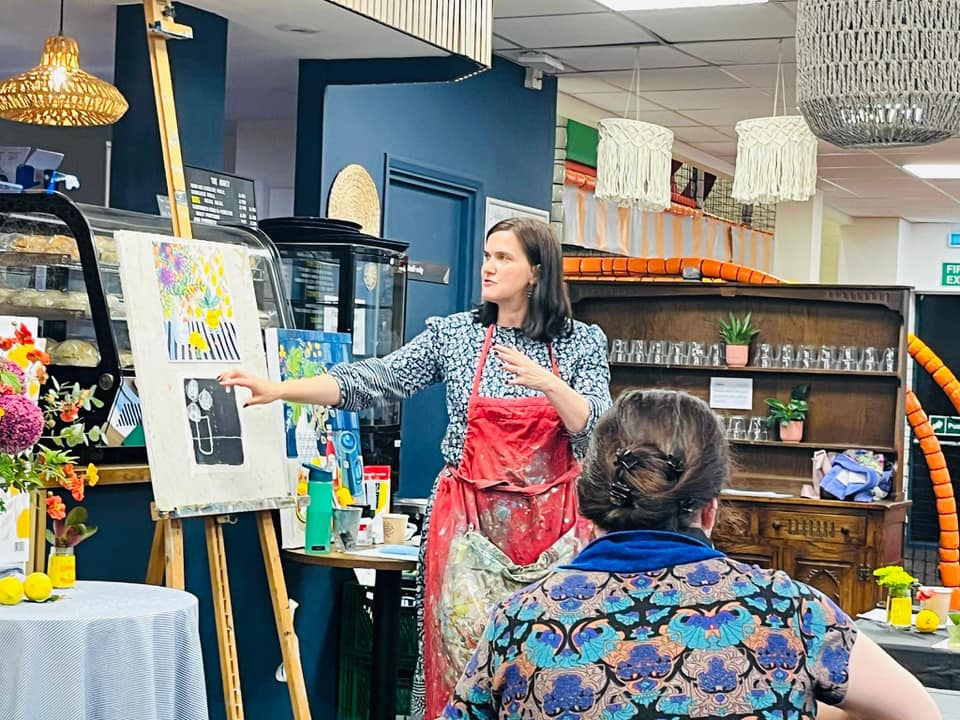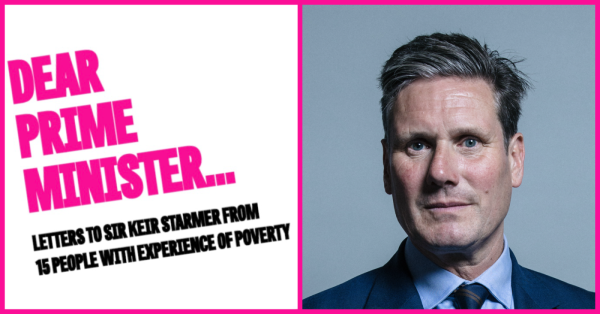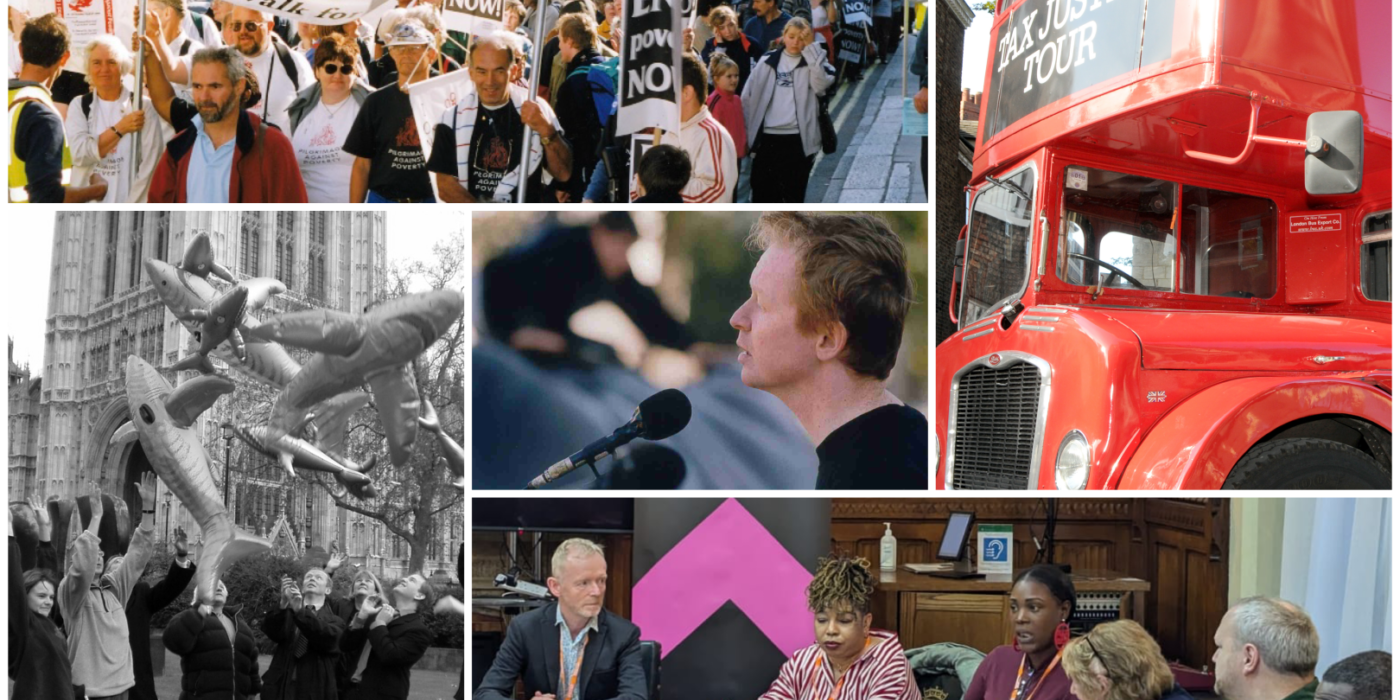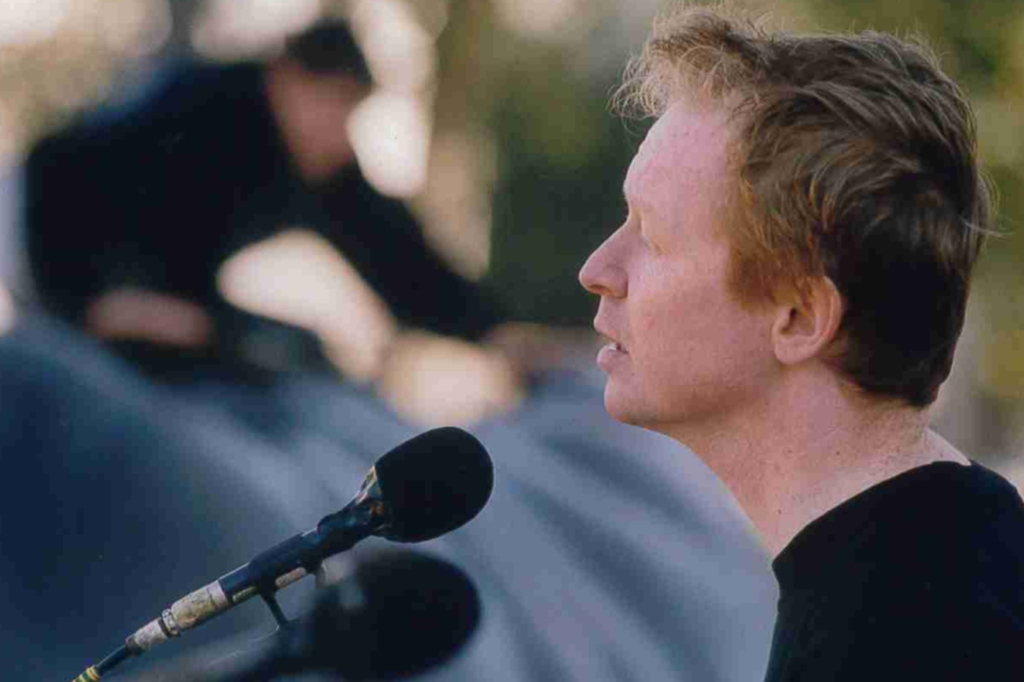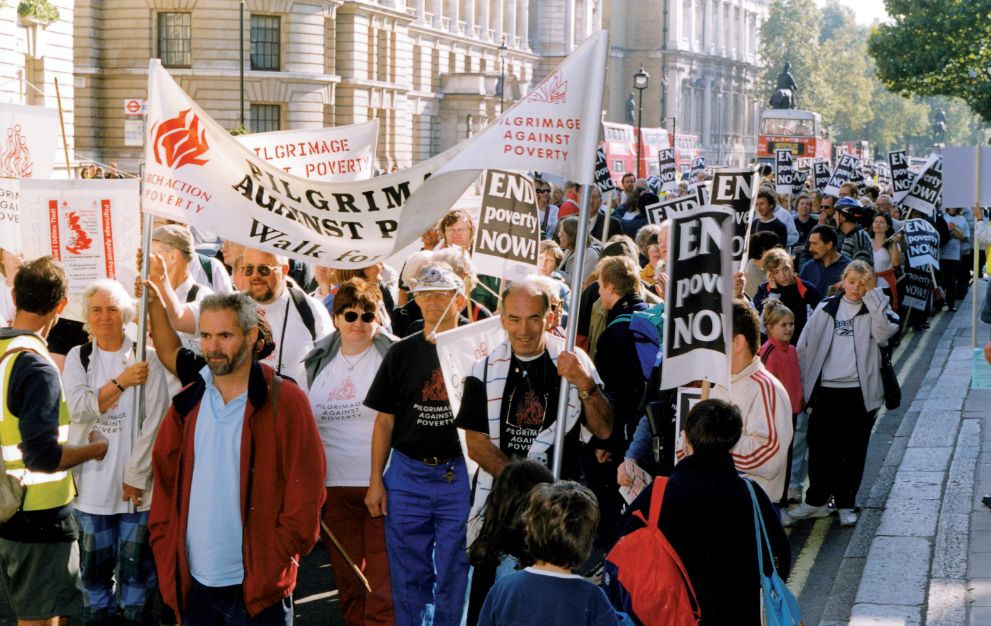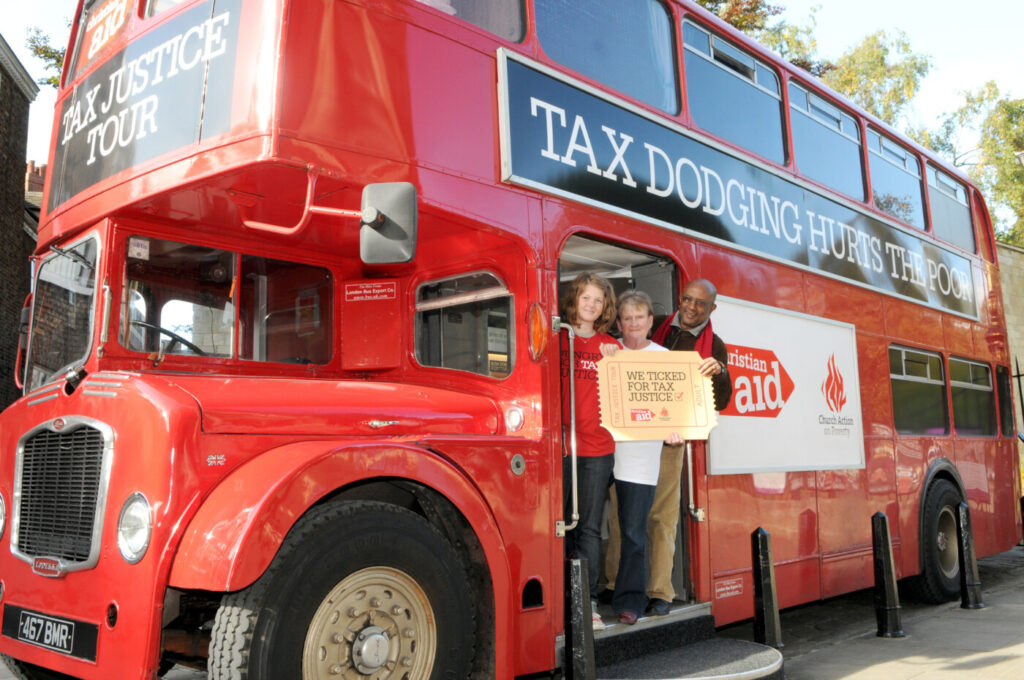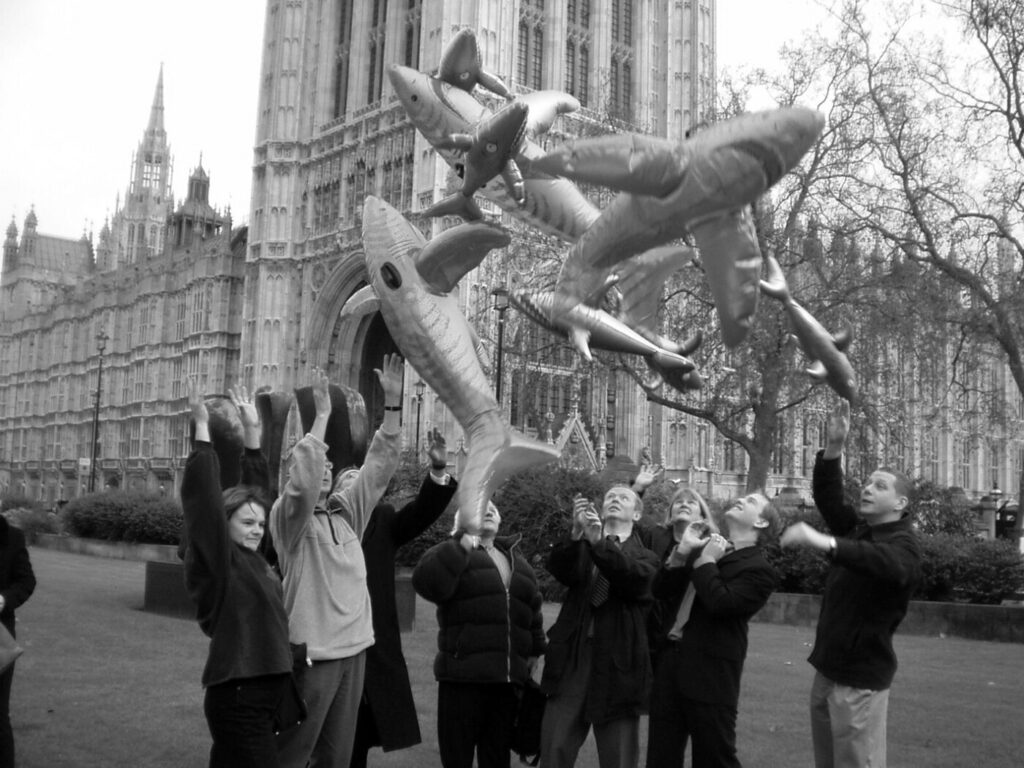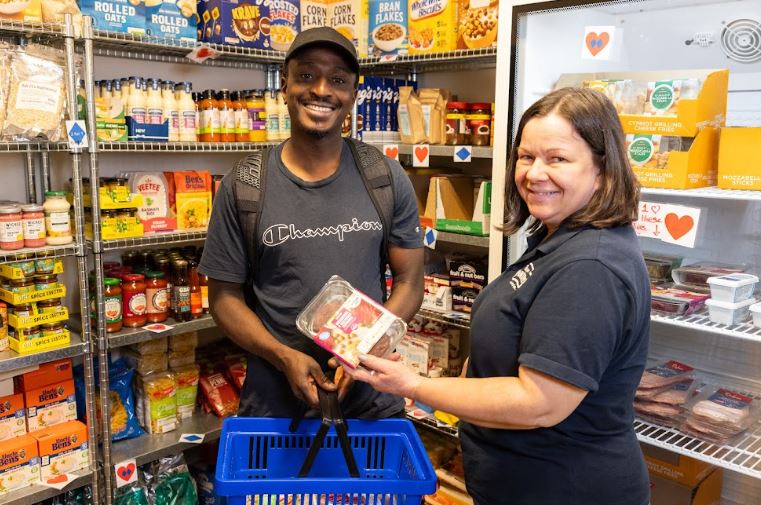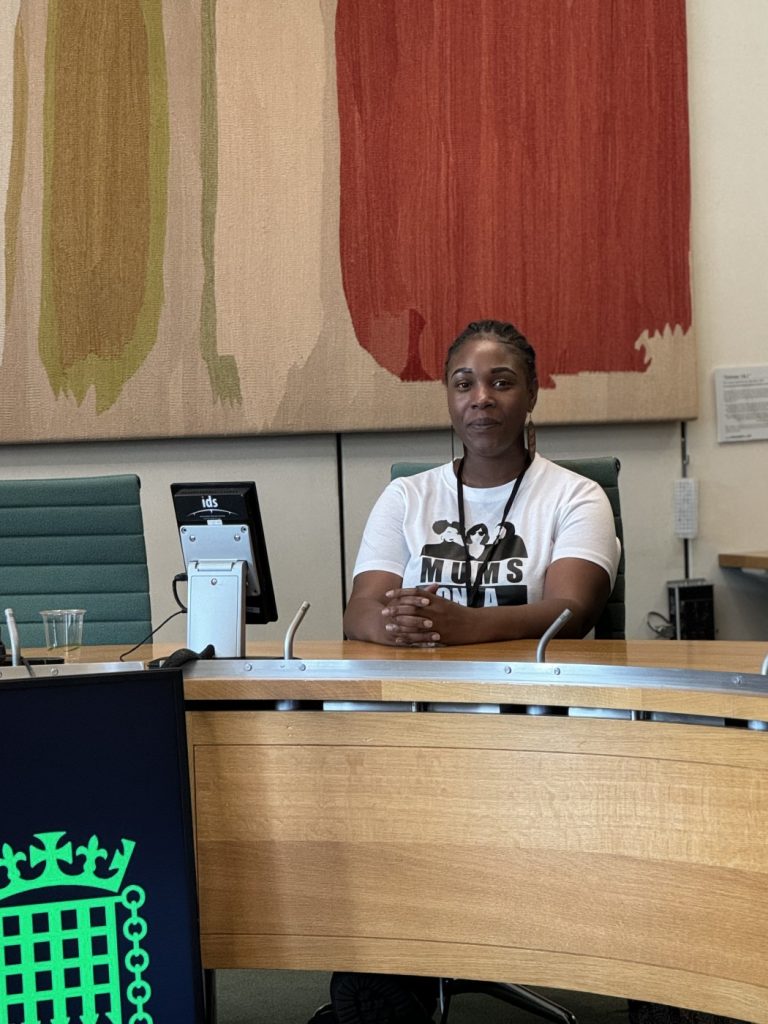Activists have called for the disability minister to resign, after an “awful” meeting where he took no interest in what they had to say.
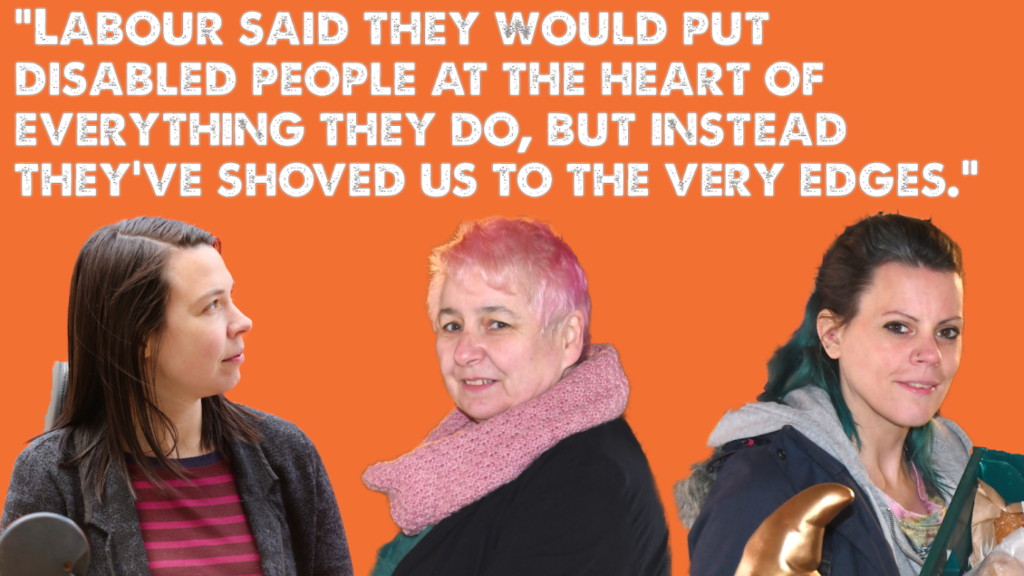
Church Action on Poverty has always believed that all people are of intrinsic equal value. We strive to reclaim the dignity, agency and power that is so often snatched away from people who live in poverty.
Each of us is an expert in our own situation, and yet people in poverty are all too often shouted down or talked about. That isn’t right. We know that people in poverty hold the wisdom and insights that are needed if we are to make the progress on social justice that the country craves.
Achieving change is rarely easy. It requires perseverance and commitment, and a determination to speak truth to power. Sometimes those messages are well-received, at other times we need to be tenacious in naming, challenging and fighting injustice. So it is right now.
In May, Stef, Sydnie and Mary (three activists who we have worked with for several years) attended a meeting with the disability minister, Sir Stephen Timms. They were eager to challenge the cuts and the Government’s harmful messaging, which disregards the inherent value of so many people, just because they are not currently able to work.
Stef, Sydnie and Mary entered the meeting full of hope – but left half an hour later, thoroughly dismayed.
The meeting was part of the Government’s professed consultation on huge cuts to Britain’s social security system, which will sweep millions of disabled people into deeper poverty. One member of the group joined online, and two attended in person along with two members of staff from the charity.
The group had prepared moral arguments and evidence for why the cuts will not achieve the stated goals, but the Minister showed no interest in the evidence, asked no questions and scarcely engaged with what the group had to say.
When Mary passed out at the end of the meeting, Mr Timms walked out without even checking whether she was okay, and the zoom link to her friend who could have given medical advice was disconnected.
Church Action on Poverty is now writing to Mr Timms, expressing disappointment with how the meeting unfolded, and including a briefing paper the group had prepared.
Mary: It was awful. I passed out; he walked out
Mary, who is also carer for her adult autistic son, said: “Stephen Timms and the Government need to understand that we (disabled and chronically sick people) are coming from a place of fear. I felt that in that room, facing that man and hearing what he had to say, that I had to justify my right to live.
“I felt such a deep fear for my son. What will happen to him when I die?
“The meeting was awful. He used a lot of our precious 30 minutes with over-long ‘answers’, he wasn’t interested in anything we had to say. He absolutely was not in the room to listen to us.
“There was no care, understanding or basic empathy for the group he is supposed to represent.
“Faced with a group that included three people with long term chronic conditions and disability, he refused to take on board anything that was said to him. He doesn’t care that Labour’s cuts to disability benefits will drive vulnerable people further into poverty. He knows this. He said it would create a culture change, but the fact that people will die because of these cuts doesn’t matter.
“At the end of the meeting I passed out through simple exhaustion. He didn’t even wait to see if I was okay. He walked around me lying on the floor to exit the room.
“What people like Timms need to realise is that being disabled costs money. The support we need to live with some dignity, to go to work or contribute to our community does not come free of charge either in terms of cash or physical/mental cost.”
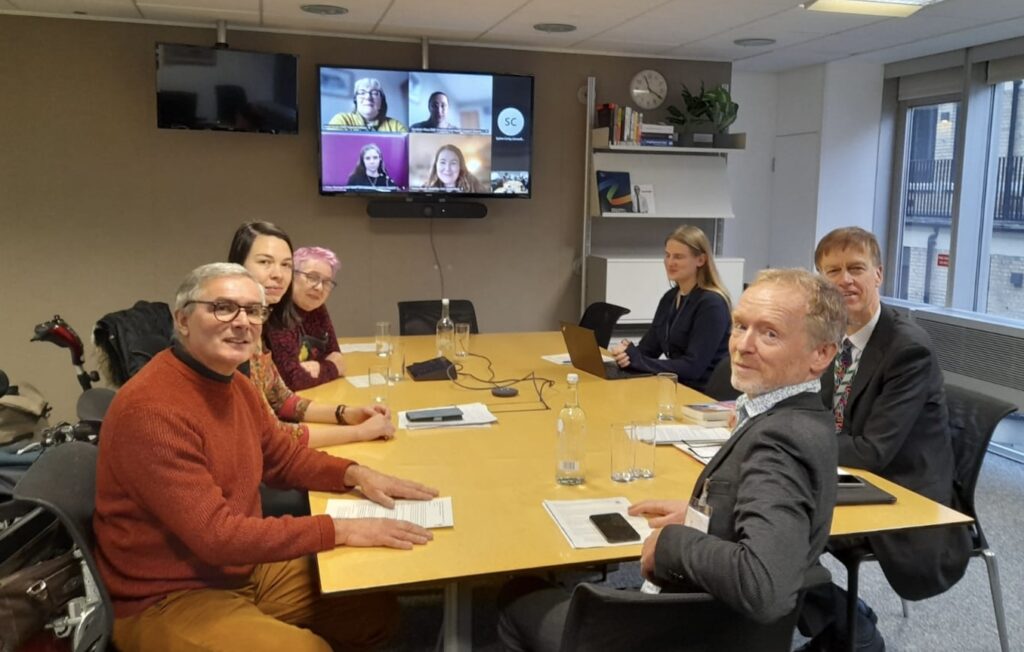
Sydnie: This proposal will not cure us
Sydnie added: “For a person with a complex disability (having multiple disorders, illness etc) and who is neurodiverse, this proposal will not cure us or make us able to work, and there isn’t one or two simple reasonable adjustments that can create this so called curing of people’s complex disabilities, hidden or not.
“We said that employers cannot afford to pay for or risk hiring such people. Timms had no reply, no eye contact and showed no remorse, no empathy or willingness to comprehend something he clearly doesn’t understand.
“Bear in mind this was a meeting as a part of the consultation. There was no engagement, no questions asked of our situation, he did not listen. He talked straight away about needing to save money, even though we pointed out it’s breaking equality legislation.
“I referred to him as ‘shameful’, and said that he should resign, show a true stand for all disabled people, for their human rights and their rights to self-actualisation, to have a life worth living.
“After we poured our hearts out, gave him stats and figures and gave him hard very open honesty to how this will affect and end many, Stephen Timms still looked at us with a blank expression and said he believes changing PIP and access to work through job centres will work, saying it will make people change their ways.
“The whole affair is rigged, we know this but we have first-hand knowledge of this now.”
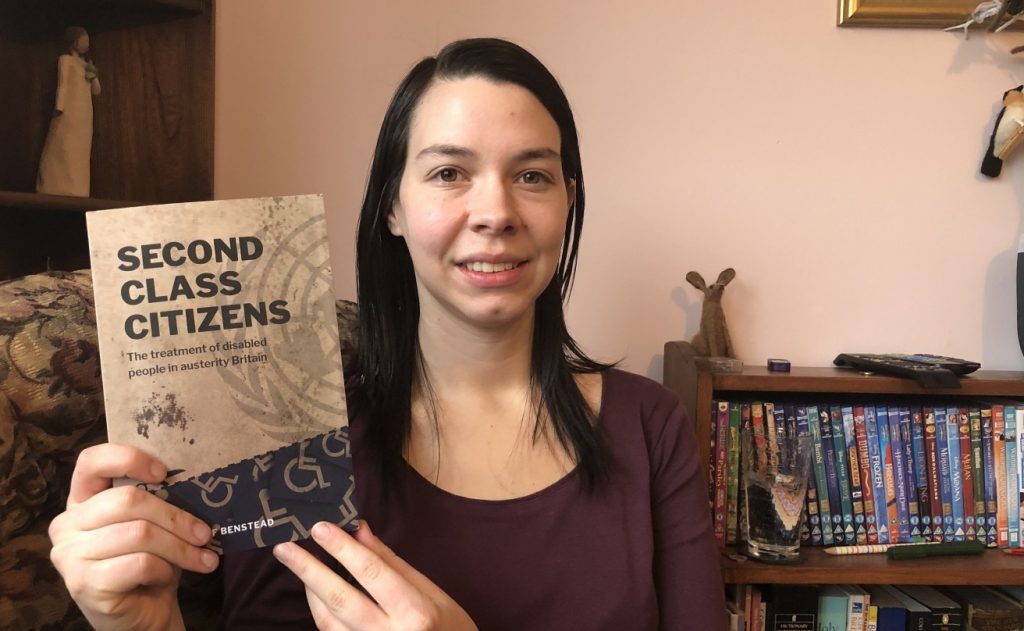
Stef: We expected him to believe in protecting the poor
Stef said: “We had hoped (expected), in attending the meeting, to find that Stephen Timms was conflicted in regard to his party’s plans, and that we could help him move towards resigning his ministerial position and rebelling against the Government as the principled and right course of action.
“As a Christian, we expected Timms to have a strong belief in protecting the poor and needy, and as a long-standing MP with substantial experience in the DWP, we expected him to understand the lack of evidence in support of Labour’s plans and the substantial evidence about the harm they will cause both to sick and disabled people and their carers, and to the economy and society more widely.
“We were surprised to find that Timms seems to genuinely and strongly believe that employment support, when provided by Labour, will have a profoundly different impact to the support provided under Conservative governments. There is no evidence to support this claim.
“We were surprised that Timms seems to genuinely believe that the Health Element of Universal Credit needs to be cut because of ‘perverse incentives’, despite such incentives having no bearing on whether a person is assessed as fit for work or not.
“We were also surprised that Timms argued both that PIP needs to be cut because it’s ‘unsustainable’ – which in essence means that sick and disabled people are an unsustainable burden on the country – and that cuts won’t be as severe as projected and that’s a good thing, even though he also thinks that the cuts do need to be severe. We couldn’t get any recognition of the inconsistency of this position from Timms.
“In a half hour meeting there wasn’t time to push back properly on any of Timms’ claims.
“It is hard to believe that an MP of his standing and experience could genuinely believe Labour’s lines on these cuts. But it seems that he does, and it’s difficult to know what evidence or anecdotes Timms needs to persuade him differently.
“The cuts proposed to the social security system for sick and disabled people have no justification.
“They are deeply immoral and should be opposed by all Christians and those who know anything about disability, chronic illness, social security, and work. The fact that Timms appears to genuinely support these cuts, given his long experience in this arena, is genuinely baffling. I urge Timms to listen to his conscience and to God, to resign from his ministerial position, and to stand with sick and disabled people in opposing such dangerous cuts.”
Stand with Mary, Sydnie and Stef
Earlier in the year, more than 300 Church Action on Poverty supporters endorsed Mary, Stef and Sydnie’s message by contacting their MPs and calling on them to oppose the immoral cuts. We will continue to speak out, and call on all churches and Christians to join us.

